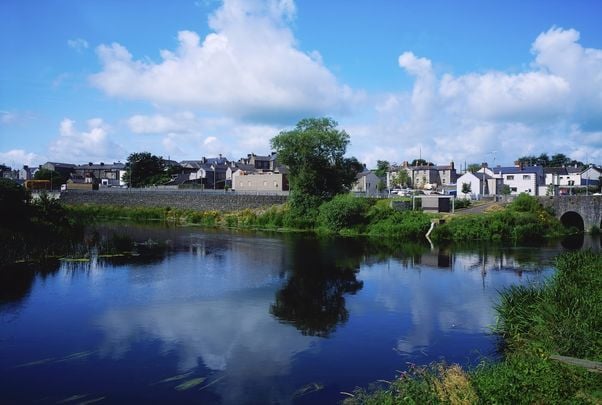Fiber-optic internet is coming to our neighborhood. Wires have been run, boxes and junctions are in the ground and it seems all that is left is to throw the switch. This has been a long process involving many moving parts to connect us to a vast existing network of fiber-optic lines that reach to who knows where.
We are excited, though, because this is going to be a game changer for our internet service. Because of the internet, social networks, national power grids, airline scheduling and other wildly complex human systems, we tend to think that we invented complex networks. Well, as usual, nature beat us to it, and all we are doing is copying what nature has already perfected.
I’ll admit up front that when I started to dive into this topic, I was pretty sure the articles I was reading were written in English, but I could hardly understand a word. I searched around, trying to find someone who would dumb it down enough for me to understand it. No luck.
Let me show you what I mean. Here is a simplified definition of complex systems (which, by the way, is an entire discipline of study, like physics or chemistry): “Complex systems are networks made of a number of components that interact with each other, typically in a nonlinear fashion. Complex systems may arise and evolve through self-organization, such that they are neither completely regular nor completely random, permitting the development of emergent behavior at macroscopic scales.
” Get it? John Muir once said, “Wh.



















